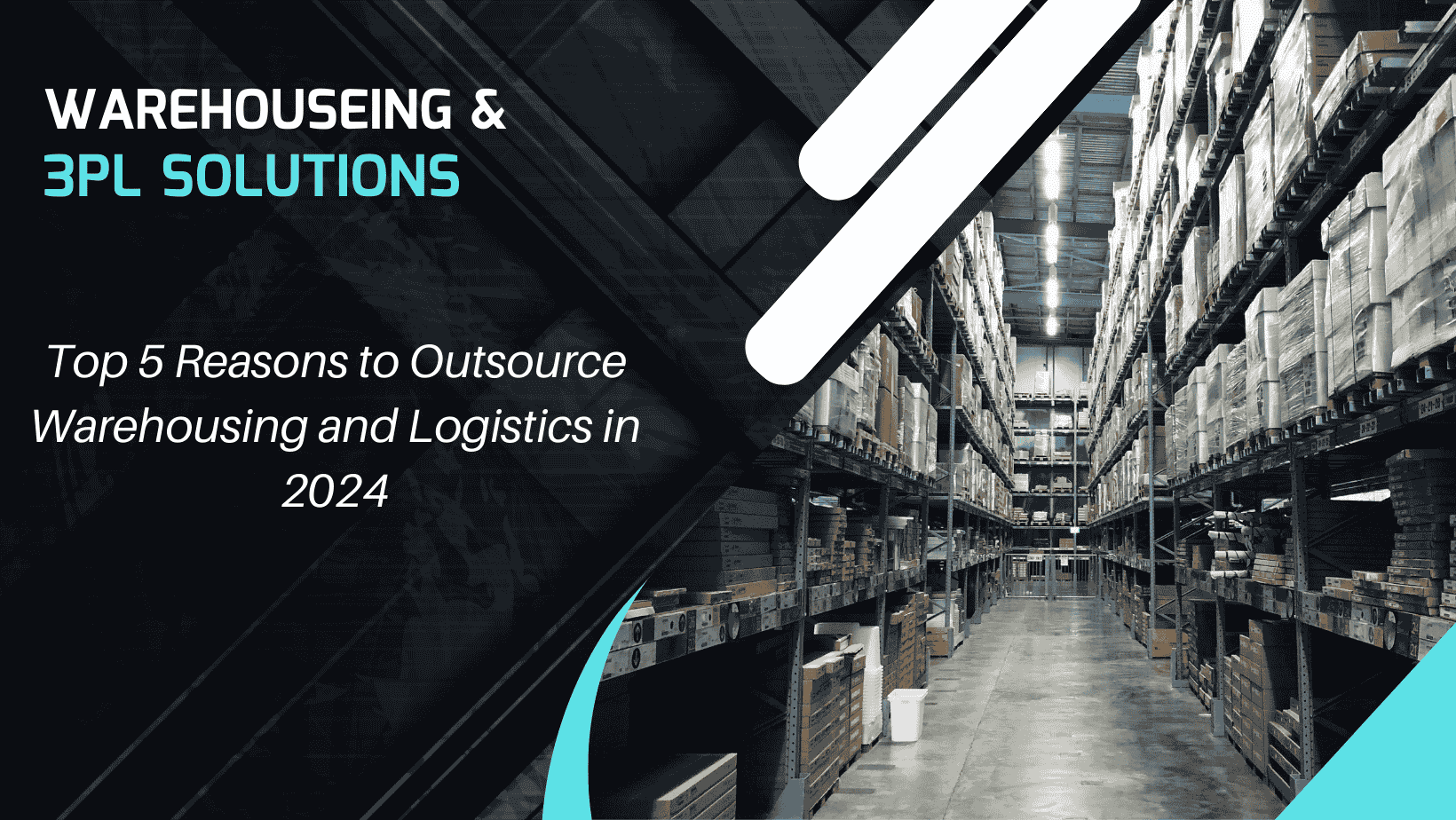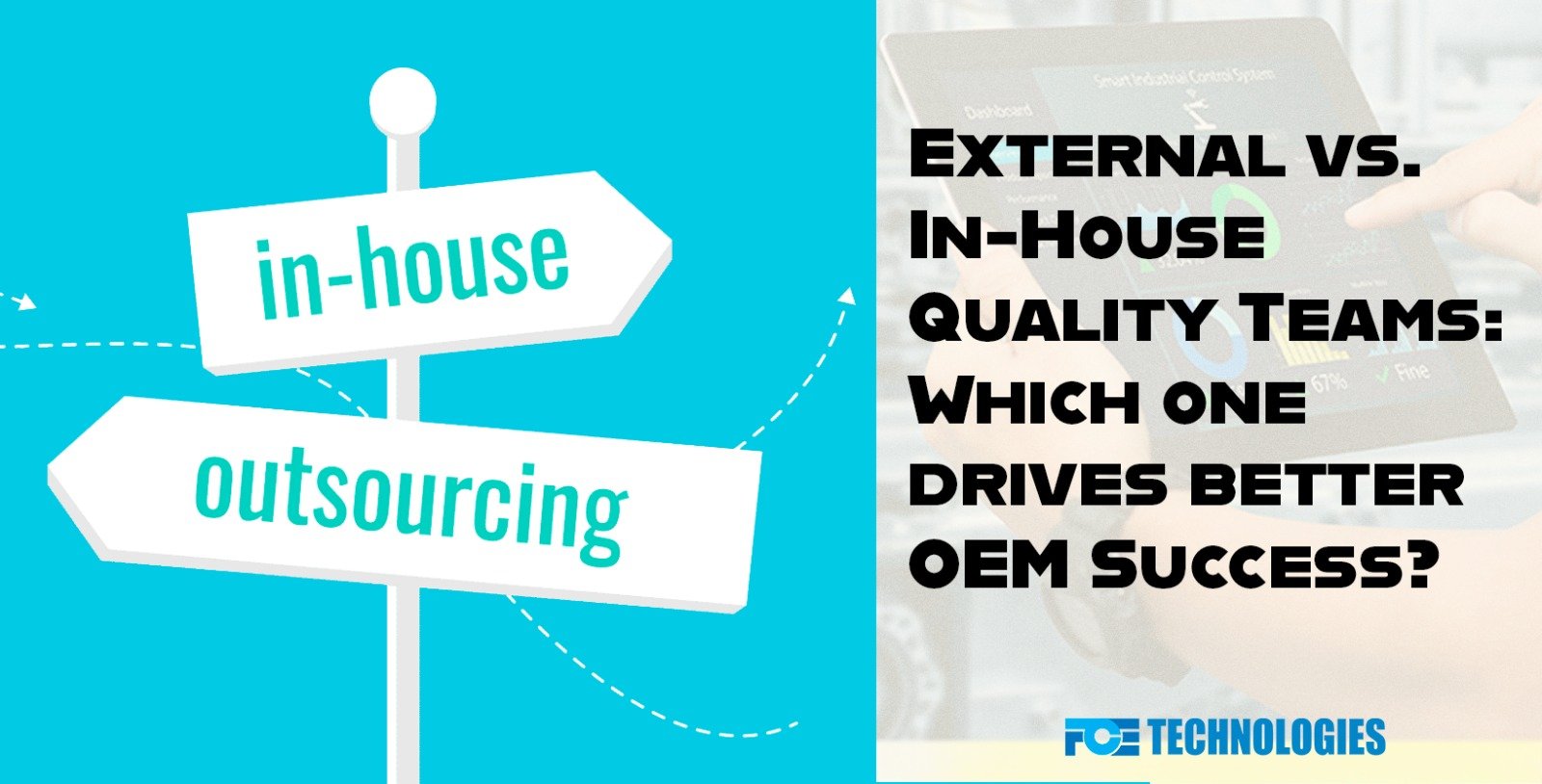In the dynamic world of logistics and supply chain management, Third-Party Logistics (3PL) has emerged as a critical service for businesses aiming to enhance efficiency and streamline operations. But what exactly does 3PL entail, and how can it benefit your business? This comprehensive guide will walk you through the fundamentals of 3PL, its evolution, current trends, and the numerous advantages it offers.
Understanding 3PL
At its core, 3PL refers to the outsourcing of various logistics and supply chain management activities to a third-party provider. These providers offer a broad spectrum of services, which can include warehousing, distribution, transportation, and other supply chain functions. By leveraging the expertise and resources of a 3PL provider, businesses can focus on their core activities while ensuring that their logistics operations are handled efficiently and cost-effectively.
The Evolution of 3PL
The concept of 3PL has significantly evolved over the years. Initially, the term was used to distinguish companies that utilized the internet to support their logistics services. According to the Council of Supply Chain Management Professionals (CSCMP), the term first gained prominence in the early 1970s to describe Intermodal Marketing Companies (IMCs) involved in transportation contracts. These IMCs acted as intermediaries between shippers and carriers, thus introducing a third party into the logistics contract—hence, the term Third-Party Logistics.
Over time, the definition of 3PL has expanded to encompass any company offering logistics services for hire, from warehousing and distribution to comprehensive supply chain management solutions.
Levels of Logistics Providers
To better understand 3PL, it’s helpful to look at the different levels of logistics providers:
- 1PL (First-Party Logistics): Firms or individuals that transport their own goods from one point to another. These companies are typically cargo owners involved in manufacturing or retail.
- 2PL (Second-Party Logistics): Carriers that own, lease, or charter the methods of transportation used to ship goods for others. Examples include airlines, trucking companies, and shipping lines.
- 3PL (Third-Party Logistics): Providers that use third-party logistics systems to manage various supply chain functions, from transportation to warehousing.
- 4PL (Fourth-Party Logistics): Independent providers that manage complex supply chain solutions using their own resources and those of other organizations. They act as lead logistics providers or consultants, offering comprehensive supply chain management.
- 5PL (Fifth-Party Logistics): Aggregators that combine the demands of multiple clients, including 3PL clients, to secure bulk shipping rates and optimize logistics operations on a larger scale.
Trends Shaping 3PL
The logistics industry, particularly 3PL, has undergone significant transformation due to technological advancements. Here are some key trends driving the evolution of 3PL:
Mobile Applications
Mobile technology has revolutionized logistics by eliminating paper-based processes and enabling real-time tracking of shipments. Mobile applications and systems provide greater versatility, allowing logistics providers to manage complex supply chain operations from the palm of their hand. RFID technology further enhances tracking capabilities, offering detailed information on shipment status and location.
Advanced Technology
Specialized software, smarter IT systems, and other technologically augmented solutions have drastically improved the efficiency and accuracy of logistics operations. By investing in these technologies, 3PL providers can drive down costs, save time, and enhance the overall effectiveness of their services. For example, speech recognition software enables warehouse workers to communicate directly with the management system, speeding up access to products and improving operational efficiency.
Big Data and Cloud Technology
The integration of Big Data and cloud-based systems allows for better tracking and management of products throughout the supply chain. These technologies provide clients with real-time access to data, enabling them to monitor their products as they move through the logistics network. This level of transparency enhances client experience and satisfaction, as well as operational efficiency.
Enhanced Collaboration
Improved technology facilitates better communication and collaboration between shippers and 3PL providers. This seamless exchange of information allows for greater flexibility in operations and minimizes the risk of errors. Real-time data sharing streamlines performance, ensuring that all parties involved have access to the most up-to-date information.
Globalization
As the global economy becomes increasingly integrated, 3PL providers are expanding their reach to manage more complex, global supply chains. This globalization necessitates more efficient and effective operations, supported by technological advancements. In the future, logistics companies will continue to adopt a global outlook, leveraging their networks to meet the demands of a worldwide market.
Benefits of Partnering with a 3PL Provider
Collaborating with a 3PL provider offers numerous advantages for businesses, including:
Cost Reduction
3PL providers bring a wealth of expertise and efficiencies that can significantly reduce logistics costs. By optimizing supply chain operations and minimizing errors, 3PLs help businesses save money and improve their bottom line.
Shared Responsibility
Outsourcing logistics operations to a 3PL provider allows businesses to rely on the provider’s expertise for accurate inventory management, timely deliveries, and overall supply chain efficiency. This shared responsibility ensures that businesses can focus on their core activities while maintaining high levels of customer satisfaction.
Competitive Edge
Access to a global distribution network gives businesses a competitive edge, allowing them to meet the demands of international markets. A 3PL partner can facilitate growth and success by providing the infrastructure and expertise needed to navigate the complexities of global logistics.
Choosing the Right 3PL Provider
When selecting a 3PL provider, it’s essential to consider several factors to ensure that the partnership will be beneficial:
- Expertise and Experience: Look for a provider with a proven track record in your industry. Their experience will be invaluable in managing your logistics operations effectively.
- Technology and Innovation: Choose a provider that invests in advanced technologies to enhance their services. This will ensure that your logistics operations are efficient, accurate, and up-to-date.
- Customer Service: A reliable 3PL provider should offer excellent customer service, with transparent communication and real-time access to information.
- Scalability: Ensure that the provider can scale their services to meet your business’s growing needs. This flexibility will be crucial as your business expands.
- Reputation: Research the provider’s reputation in the industry. Look for reviews and testimonials from other businesses to gauge their reliability and performance.
Conclusion
Partnering with a 3PL provider can transform your logistics operations, providing cost savings, enhanced efficiency, and a competitive edge in the marketplace. By outsourcing logistics activities to a specialized provider, businesses can focus on their core competencies, drive growth, and achieve greater success.
Contact us today to discuss how we can meet your 3PL needs and help your business thrive!







